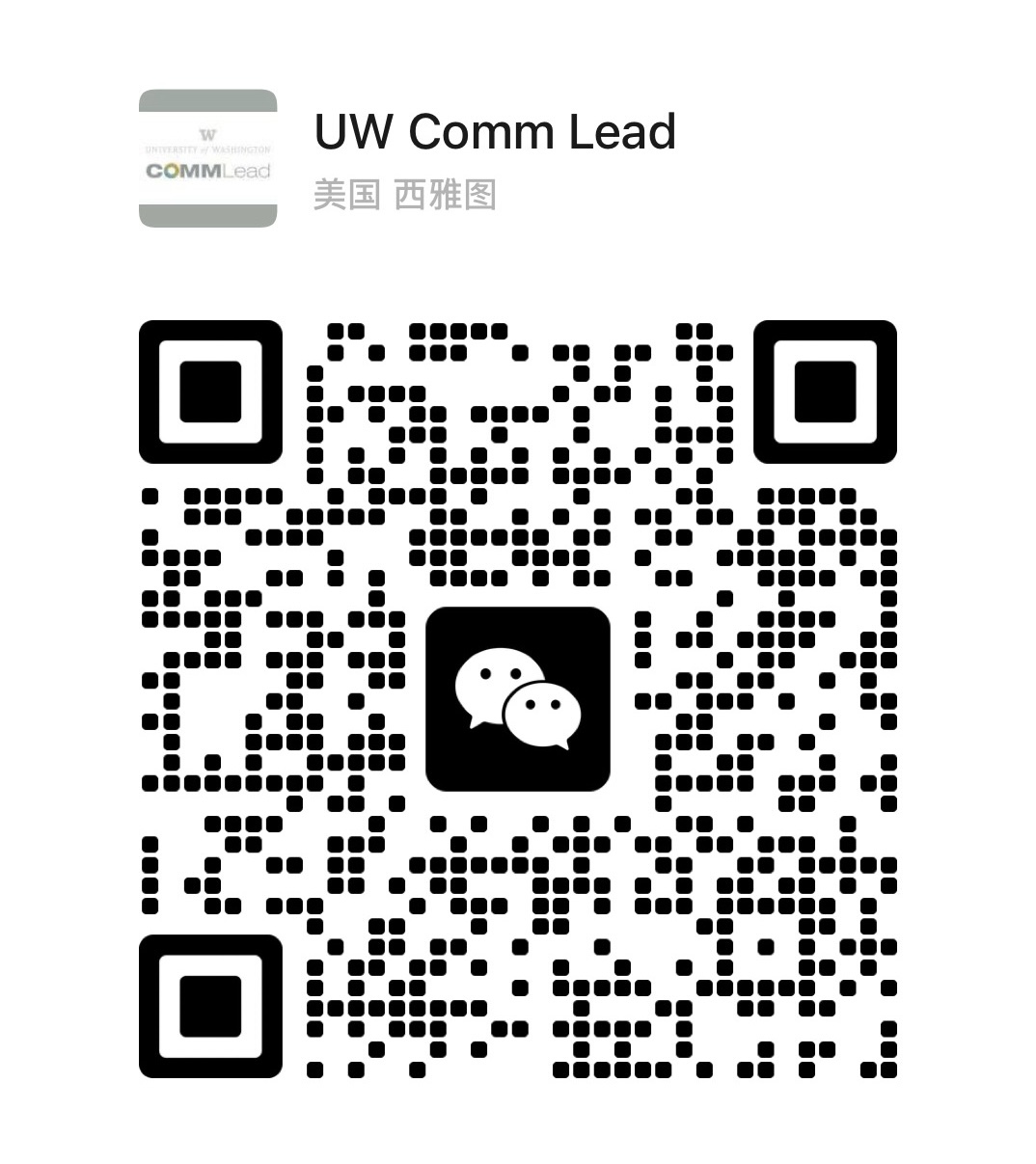About Communication Leadership
For twenty years, the Communication Leadership program has developed thoughtful and intentional professionals, equipped to critically engage with organizational challenges, and apply superb storytelling practices to effect change anywhere.
Declaration of
Communication Leadership
Communication leadership is not just our graduate program’s namesake. It’s a behavioral model for today’s world — anywhere in the world. Our students combine their passion with skills we teach to become a force for positive change in the industry.
We’ve created this declaration as a community. It’s intended to be a guide for those who seek to spark change in the service of humanity.
Core Values
We recognize that as Communication Leaders we have power and responsibility. We approach communications and technology ethically and intentionally, staying ahead of emerging challenges and seeking to make the world a better place.
These are the core values that guide us as a program:
1. Impactful Storytelling
Communication Leaders embrace the power of story as the instinctual way in which people process information. Using universal storytelling principles, we create meaningful content across changing media and platforms. We inform and inspire. We use stories strategically to advance our goals and our organizations.
Example: The Art of Story
2. Ethical Innovation
Communication Leaders adapt to emerging technology. We understand that technology is a valuable set of tools, but not an end in itself. We align technology with human needs and values to ensure that innovation is inclusive and does not amplify existing inequity. We respect individuals’ boundaries, privacy, and ownership of their data. We support thoughtful decision-making around the adoption and deployment of technology.
Example: Machine Learning, Human Values
3. Empathetic Communication
Communication Leaders are principled and empathetic. We value emotional intelligence so that we can read the needs and motivations of others. We act ethically and are conscious of the primary and secondary impacts of our work. We hold ourselves to principles of integrity, accountability, and transparency. We believe all our work must be guided by clearly articulated values.
Example: The Fifth Season
4. Commitment to Inclusion
Communication Leaders recognize our power to effect change, and embrace the responsibility that comes with that power. We are aware of our social position, privilege, and implicit biases. We seek a diversity of voices for guidance and authority. We advocate for the vulnerable and prioritize accessibility, inclusion, and equity in all of our work.
Example: The Principles of Inclusive Design
5. Service to Communities
Communication Leaders build, strengthen, and serve communities. We see digital communication as a reflection of interpersonal communication, and recognize the relationship between online and offline communities. We value human connection, and approach all communication as a collaborative process.
Example: Alumni Ryan Quigtar on Building Trust in Your Community
6. Advocacy for Good
Communication Leaders are persuasive advocates. We understand audiences, consumers, and constituents. We know how to synthesize ideas, marshal an argument, and foster consensus. We are strategic in our thinking, and are engaged with the “why” behind what we are advocating, as well as the “how” behind implementation.
Example: Communication Leaders Fight Against Health Misinformation
7. Compassionate Leadership
Communication Leaders support fellow humans through times of transformation. Our fast-changing world requires us all to be lifelong-learners with self-awareness and humility. We believe listening, service, and a global mindset are key elements of effective leadership. We will co-create the new stories, whose shared meaning will inspire a better future.
Example: Meet the Founder
Our Community
The Communication Leadership program isn’t just a degree. It is a network of hundreds of students and alumni positioned at key global organizations across sectors.







 University of Washington
University of Washington